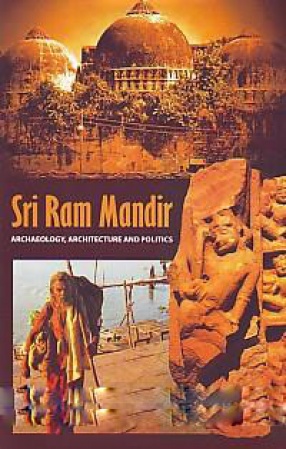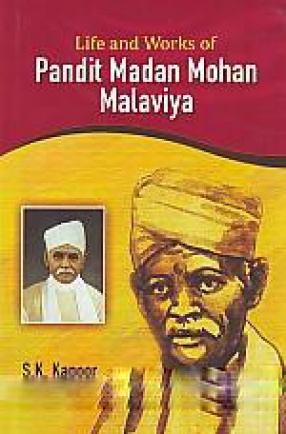The result of a path-breaking attempt in studying an Indian newspaper, this anthology sheds new light on a tumultuous phase of the history of the sub-continent. The Nation, an English-language daily, was launched in Kolkata by one of the stalwarts of the Indian nationalist movement, Sarat Chandra Bose (1889-1950), elder brother of Netaji Subhas Chandra Bose. Between 1 September 1948 and 5 December 1950, The Nation proved to be the only left daily of its time in India. This volume, first of its kind, contains more than 200 selected items from the old files of this paper, ranging from editorials, articles, news reports, book reviews and letters to the editor. Selected texts concern such turning points in contemporary social and political developments as India’s joining of the Commonwealth, adopting a republican constitution for independent India, birth of Red China, the vision of the leftists for a new order in post-independent India as well as search for new cultural values. In a detailed introduction to the volume the editor highlights the constructive social role The Nation played in the backdrop of the dramatic unfolding of political and social events in the aftermath of the transfer of power. He also raises some important methodological questions involved in studying a particular newspaper. Professor Hiren Mukerjee, the doyen of Indian parliamentarians, writes the foreword which is indeed a valuable addition to this volume. The book will certainly attract the attention of social scientists, experts in journalism and mass communication as well as the general reading public.

Interpreting a Nation: Selections from Sarat Chandra Bose’s The Nation
In stock
Free & Quick Delivery Worldwide
reviews
Bibliographic information
Title
Interpreting a Nation: Selections from Sarat Chandra Bose’s The Nation
Author
Edition
1st Ed.
Publisher
Length
lxxiii+415p., Ills.
Subjects




There are no reviews yet.